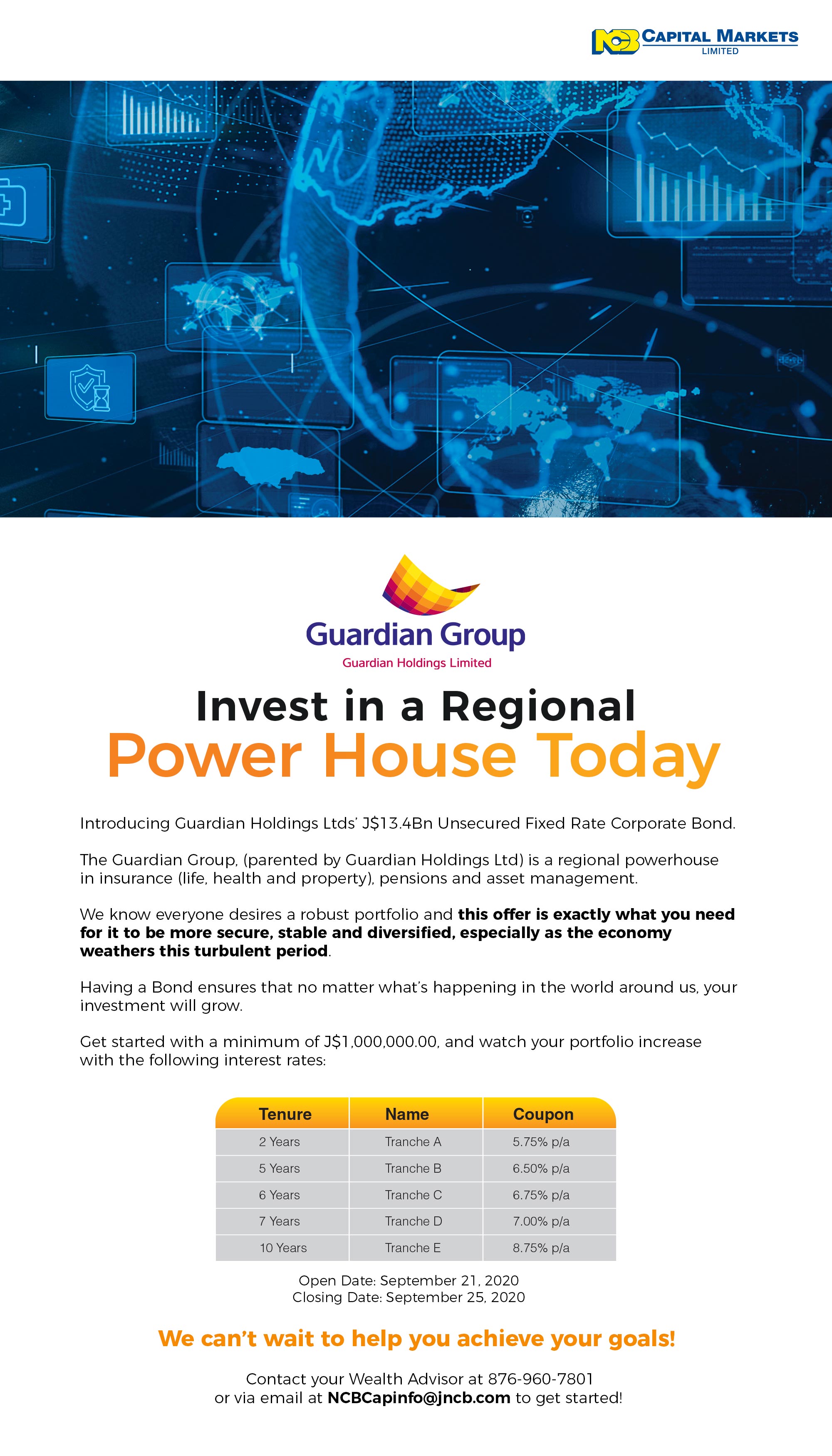
Alternative Investments have been creating quite a buzz in the financial market. This quickly emerging investment option has been making the rounds in recent times as investors contend with the effects of a global pandemic, geopolitical risks, and the resulting impact on the performance of traditional assets such as stocks and bonds. This rollercoaster experience in traditional asset prices caused by the aforementioned factors, is expected to become the new normal, but has negative implications for long term financial goals. As a result, the search for investments in assets in non-traditional spaces, which have exhibited relatively low correlation to stocks and bonds, have intensified. When additional benefits such as the potential returns, steady income stream, and inflation hedge are considered, alternative investments have become a staple for investors in this day and age. Historically reserved for institutional and high-net-worth investors, alternatives are now considered a core portfolio holding.
Alternative investments represent a different or “alternative” option for investors to diversify their portfolios away from their longstanding reliance on traditional stocks, bonds, and cash. They may include hard assets such as commodities, currencies, infrastructure projects, vacant land and developed real estate/real estate investment trusts (REITs). They may also include a group of assets professionally managed in a non-traditional format. These investments can deliver returns from different drivers and in different patterns than traditional stocks and bonds. As a result, there are significant diversification benefits when included in a standard portfolio. Stronger diversification offers the benefits of potentially generating attractive returns, reducing volatility in a portfolio for a smoother and less-stressful investment experience, while preserving capital over a longer-term horizon. For investors with the appropriate risk tolerance, alternatives offer the potential to earn higher returns and act as an inflation hedge. The twenty-year average annualized returns of REITs and Gold were 9.9% and 7.7% versus 5.6% and 4.5% on stocks and bonds, respectively. Moreover, given that infrastructure and other physical assets such as real estate, once built, exist for generations, and the contracts underpinning the provision of infrastructure services tend to be long-term with predictable revenue streams, investors stand to benefit from this steady income stream. That said, these asset classes usually require high minimum investment and advanced technical competencies to assess their attractiveness. As such, they are primarily held by institutional investors such as pension funds and ultra-high net worth investors.
Global alternative assets under management reached nearly $US10.1 trillion in 2016 and are expected to grow to US$21.1 trillion in 2025, underpinning a fundamental shift towards alternatives by many sovereign and public pension funds. In April 2015 for instance, the world’s largest pension fund, the US$1.1 trillion Government Pension Investment Fund (GPIF) of Japan, announced a new strategic asset mix in a bid to achieve higher returns and address the needs of an ageing population. Significantly, GPIF’s new mandate allows for a 5% allocation to alternatives, representing a significant opportunity for alternative firms[1]. In North America, the Canadian Pension Plan for example, holds over 50% of its net investable assets in alternatives[2]. Although the trend has started with larger institutional investors in developed markets, alternatives will increasingly occupy a prominent allocation in the world’s economies, both established and emerging.
Having been traditionally a government fixed income instrument reliant investor base, declining interest rates brought a shift to the Jamaican investment landscape in the last decade as investors turned to the stock market in search of higher yielding assets. Up until two years ago, the Jamaica Stock Exchange (JSE) was riding on a high having copped “best performing stock market” by Bloomberg in two of the last five years. Fast forward to 2020, the year of the great pandemic, earthquakes, geopolitical tensions and elections (just to name a few), the tables turned once again and suddenly the JSE is being featured among the worst performers globally. While the general expectation is for a recovery in the stock market, we can agree that bouts and dips will become the new norm and as such, local investors must now consider other assets that will help them stay afloat even in uncertain times.
Markets are now more volatile than ever and investors need better ways to grow their wealth while effectively managing risk. Alternative investments can be key components in portfolios for all investor types, providing diversification benefits and reduced volatility helping investors achieve their goals. While the high minimum investment and difficulty in assessing these investments may prove challenging particularly for local retail investors, collective investment schemes such as mutual funds should be considered for these exposures. In addition to the lower minimum requirement relative to an outright purchase of the asset, mutual funds provide access to a wider range of assets that fit within a particular theme and management with the requisite skill set to assess the attractiveness of the individual investments. Given the benefits outlined, it is safe to say that mutual funds will be the vehicle that drives alternative investment assets in the retail investment mainstream in the not too distant future.
Simone Hudson
AVP Alternative Investments & Fund Management
NCB Capital Markets Limited
[1] PricewaterhouseCoopers
[2] MacKenzie Investments


